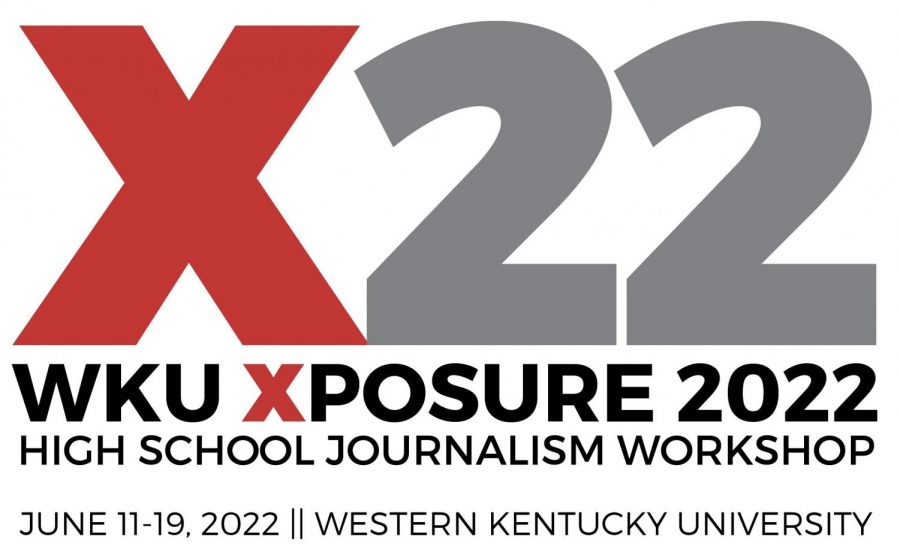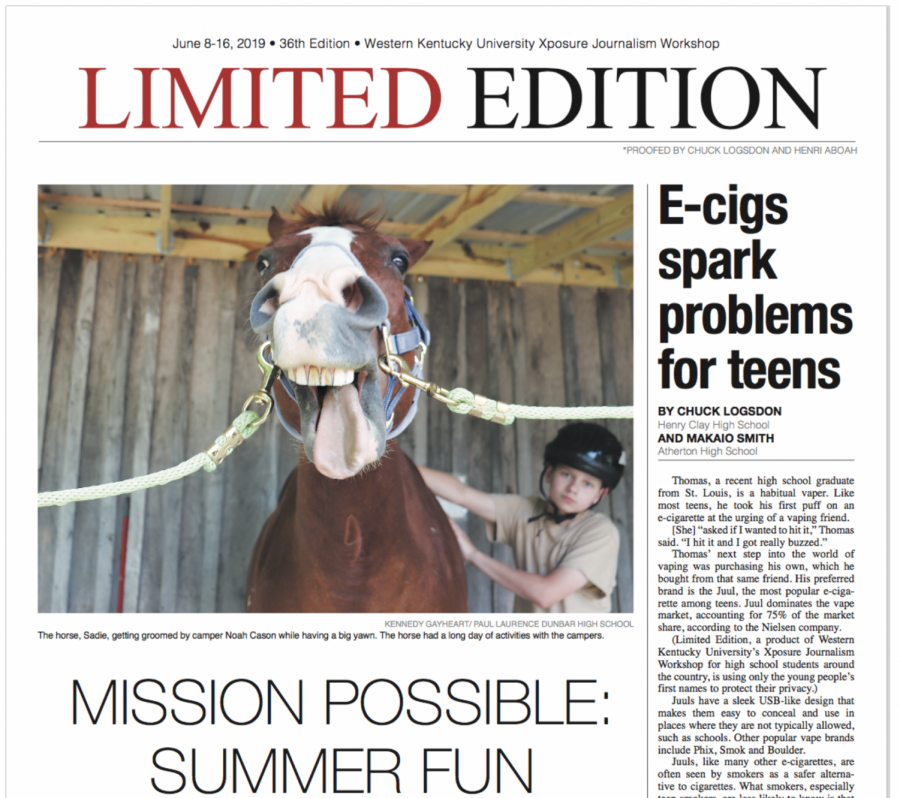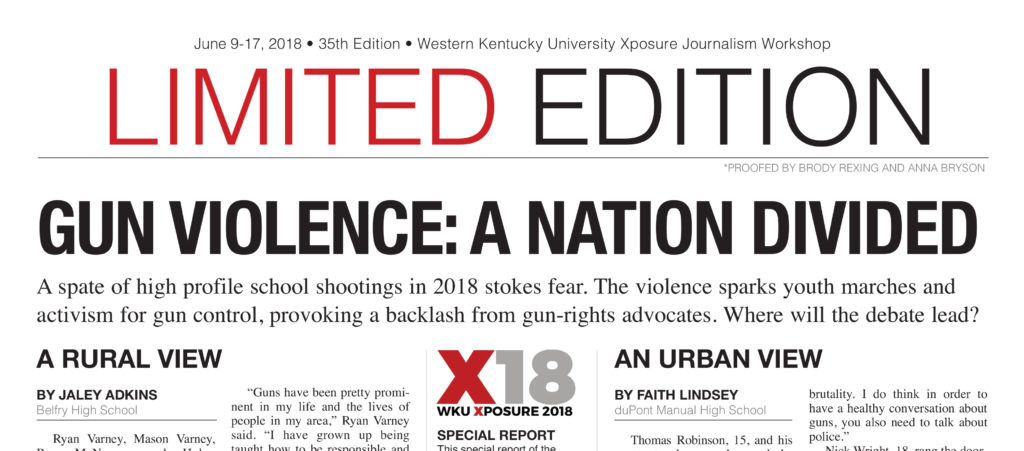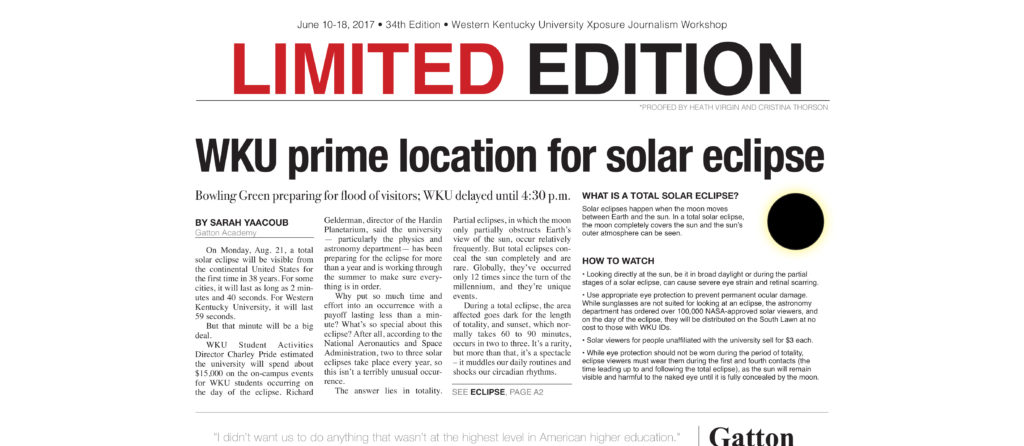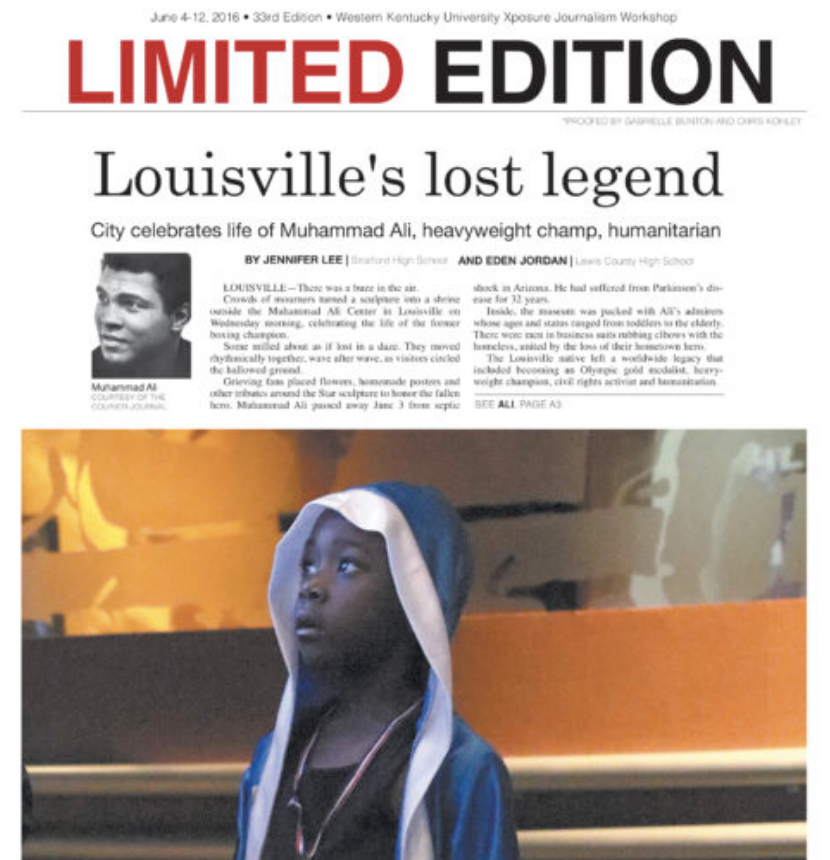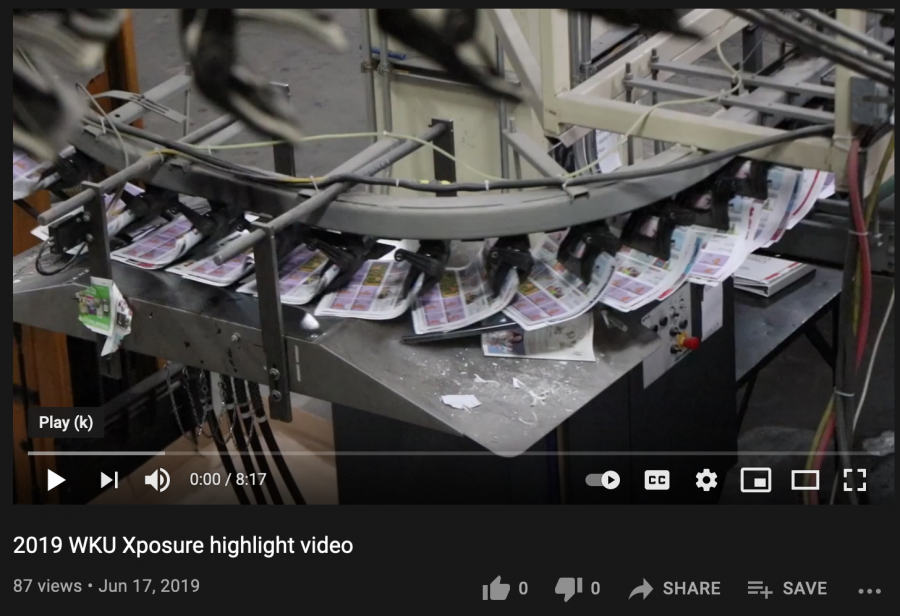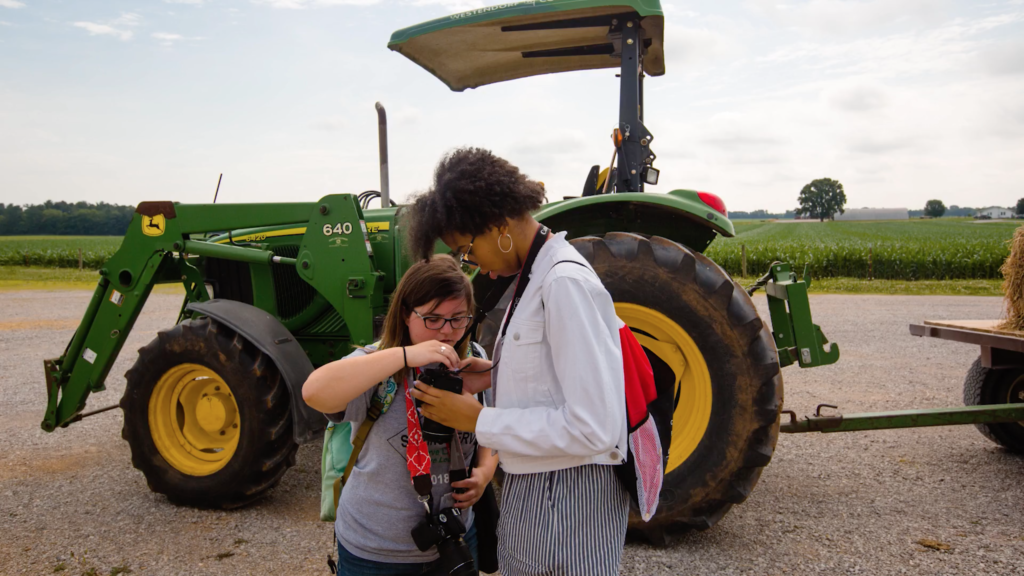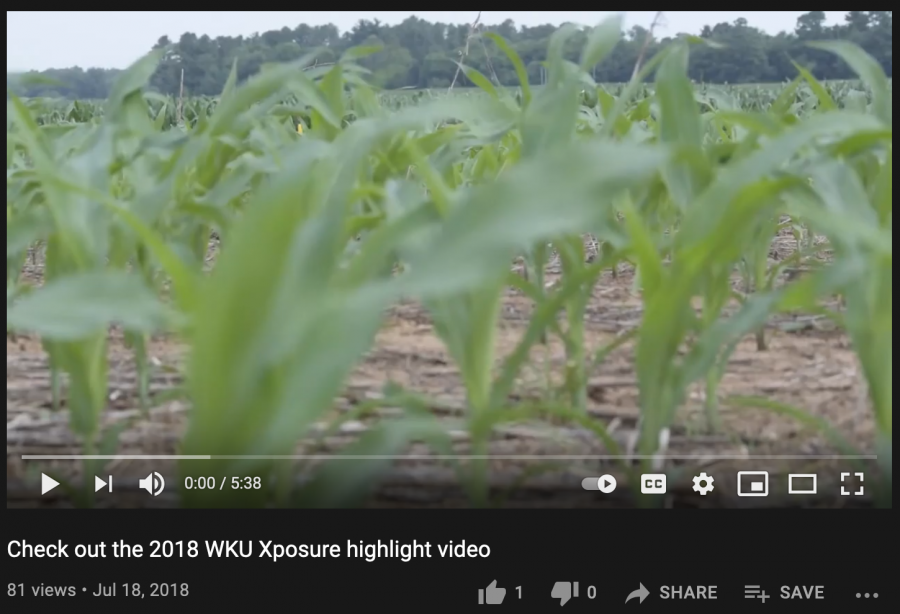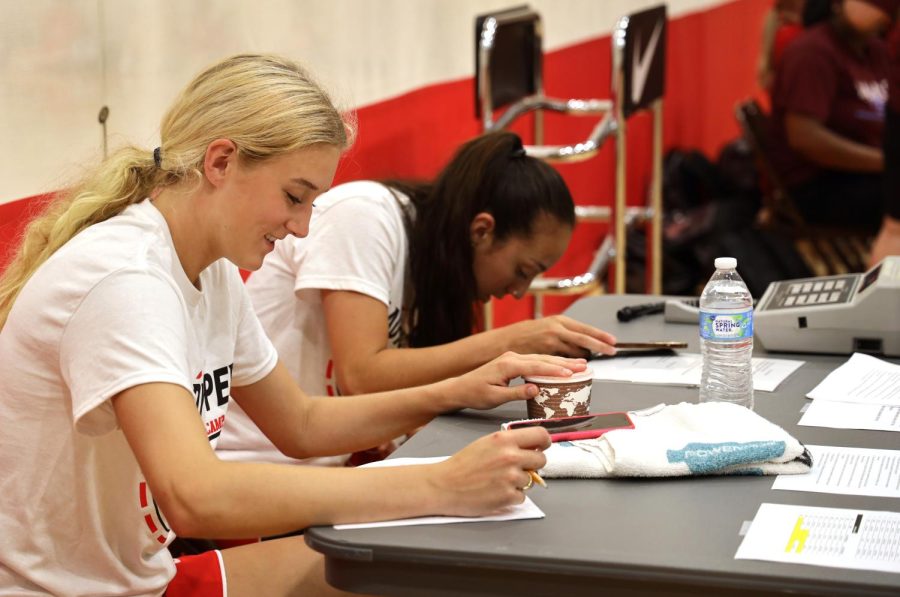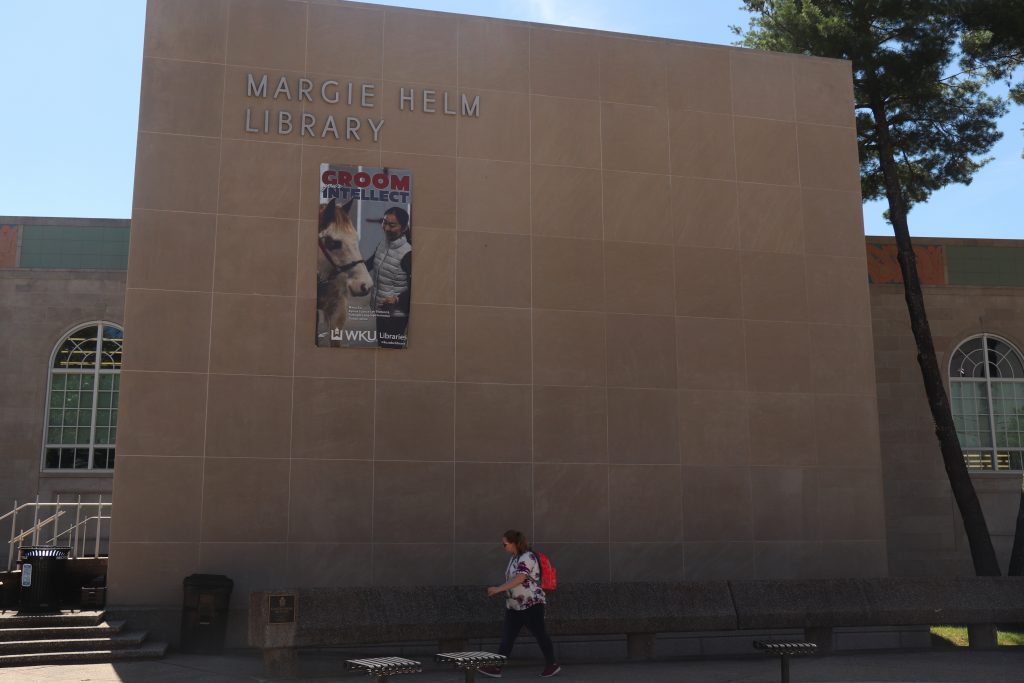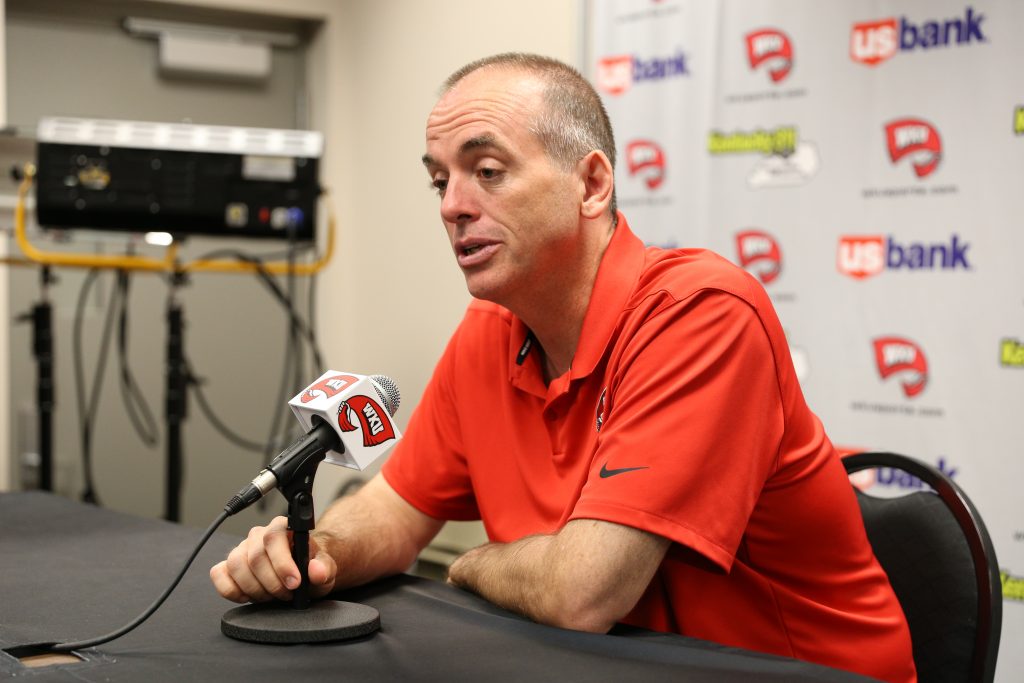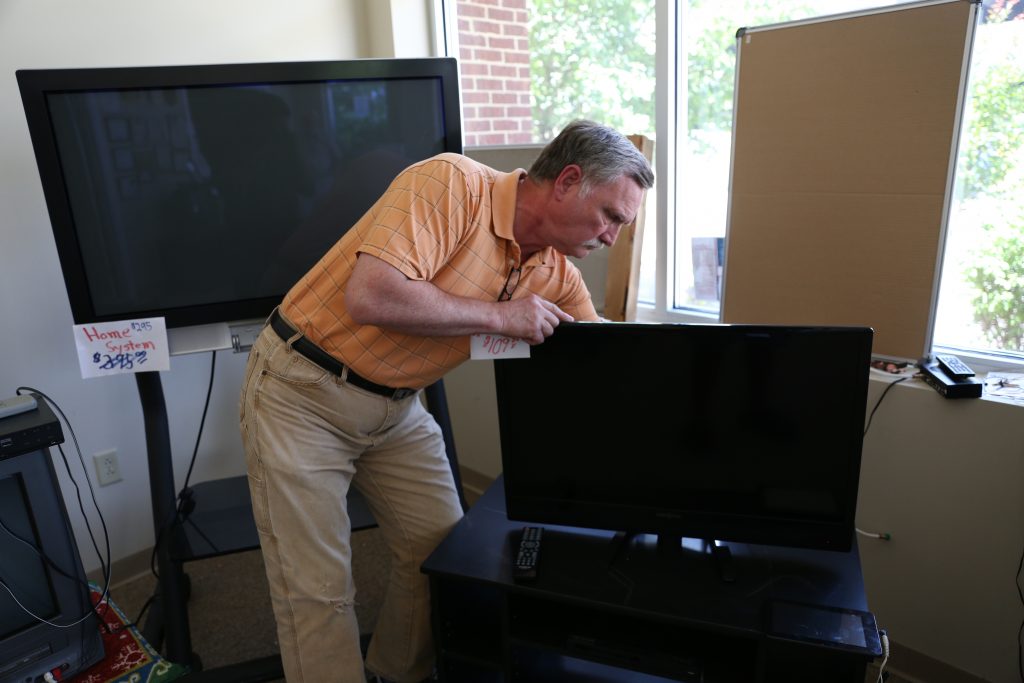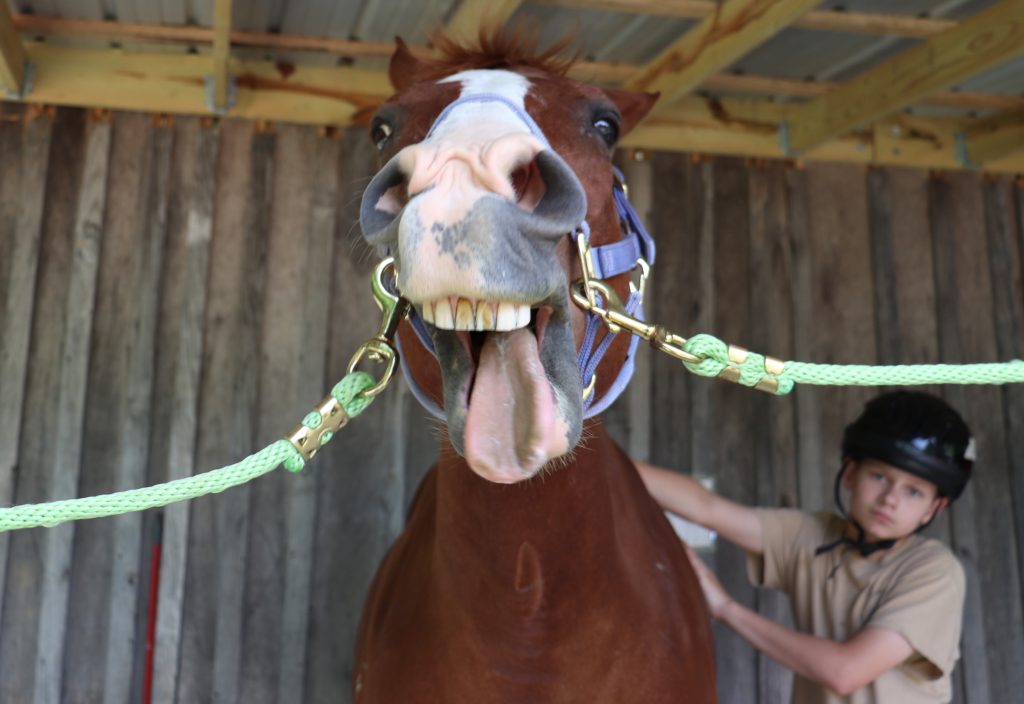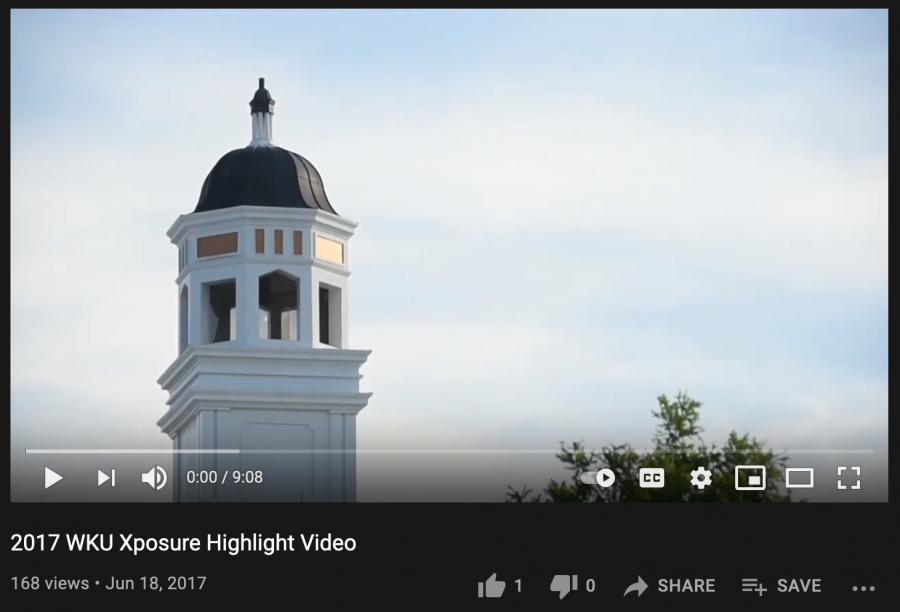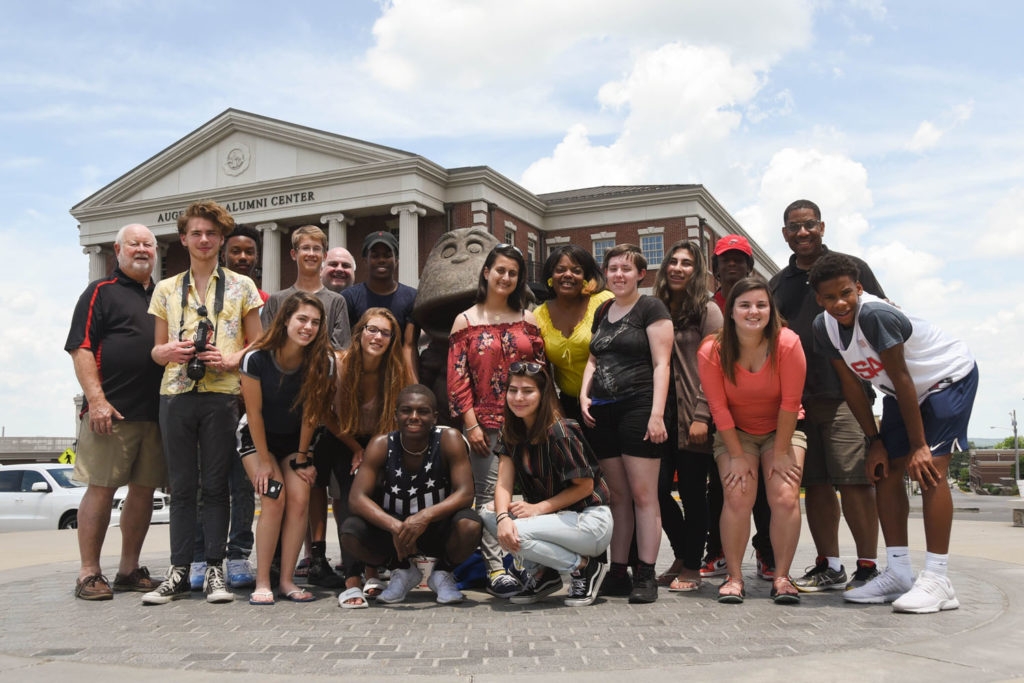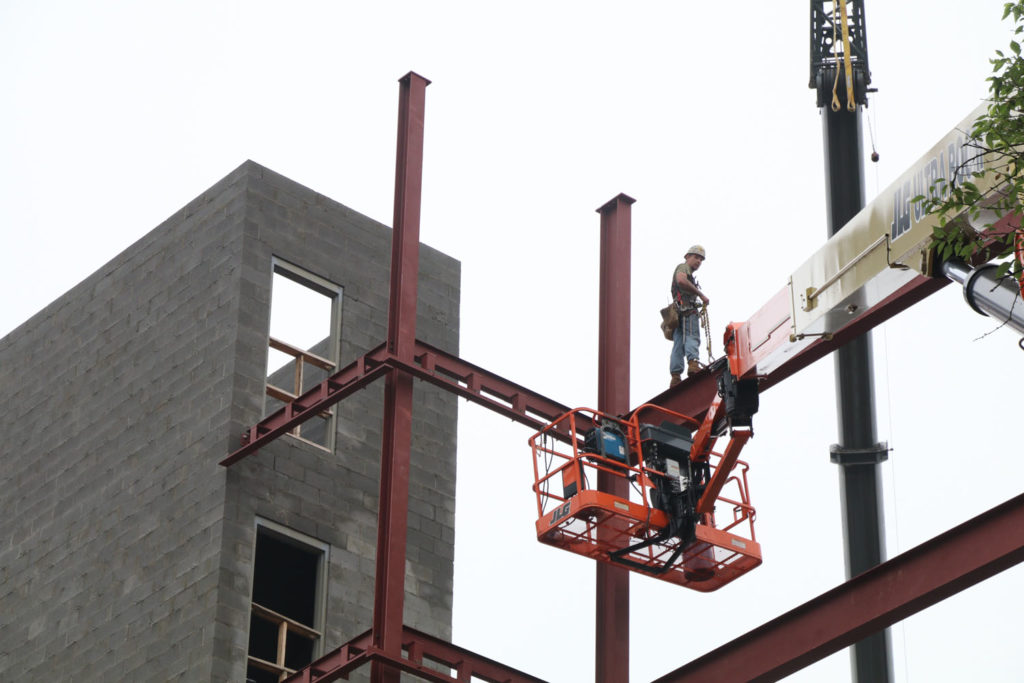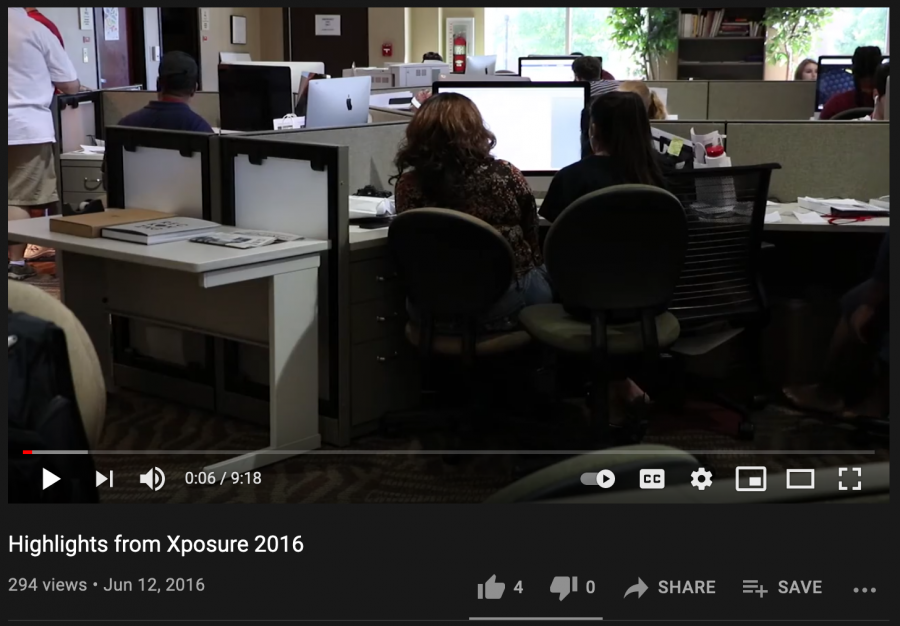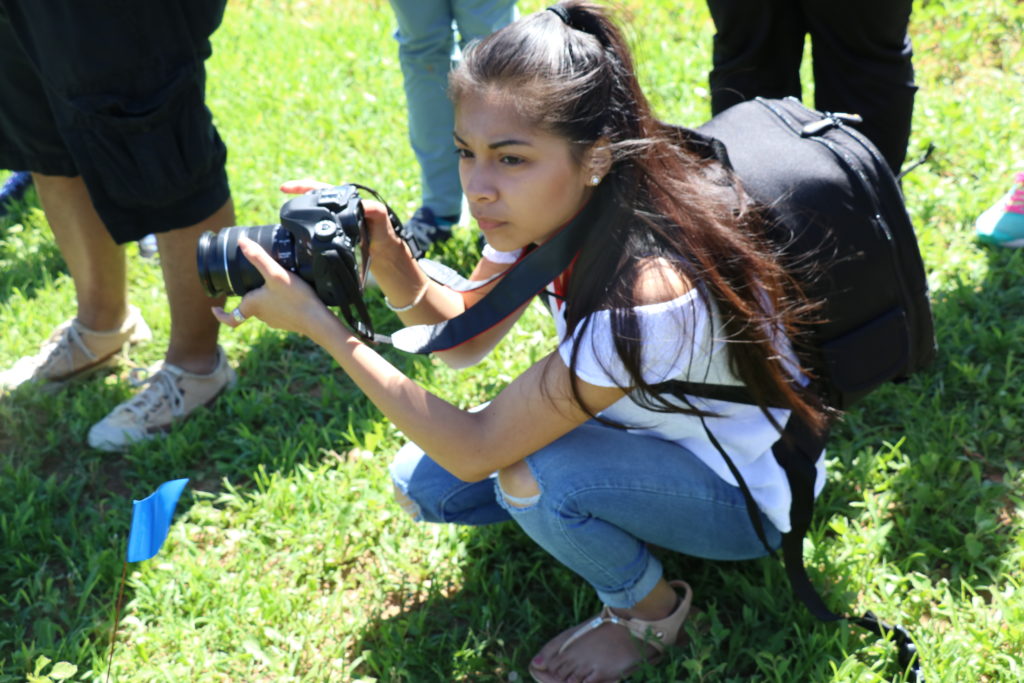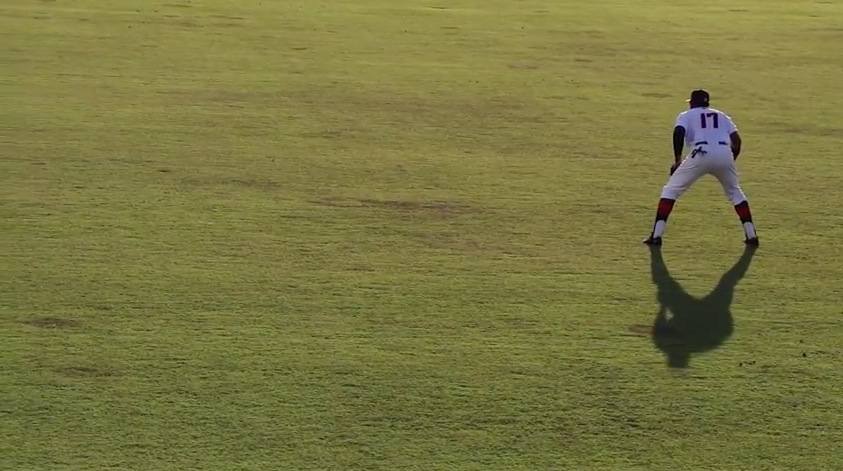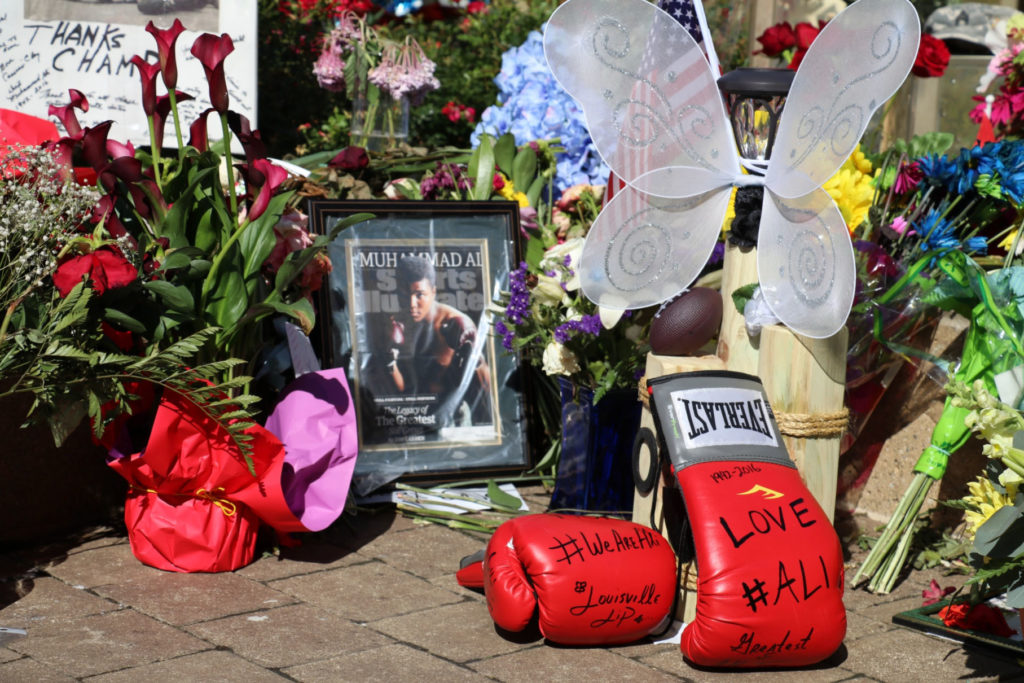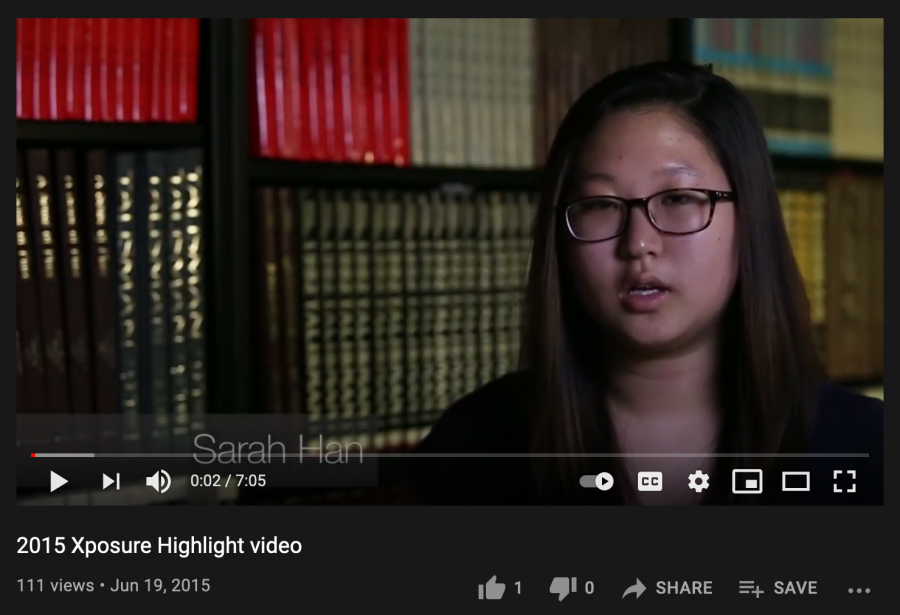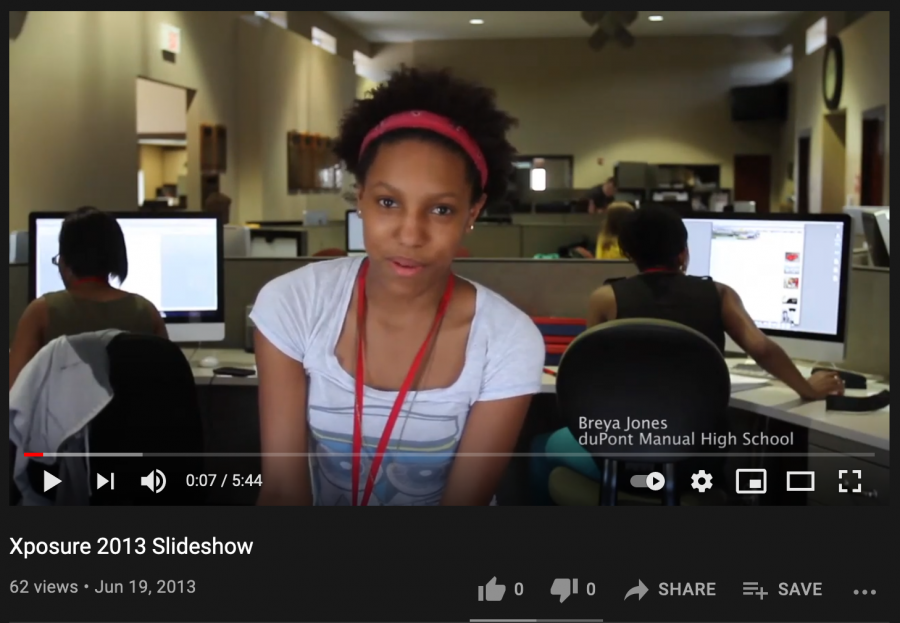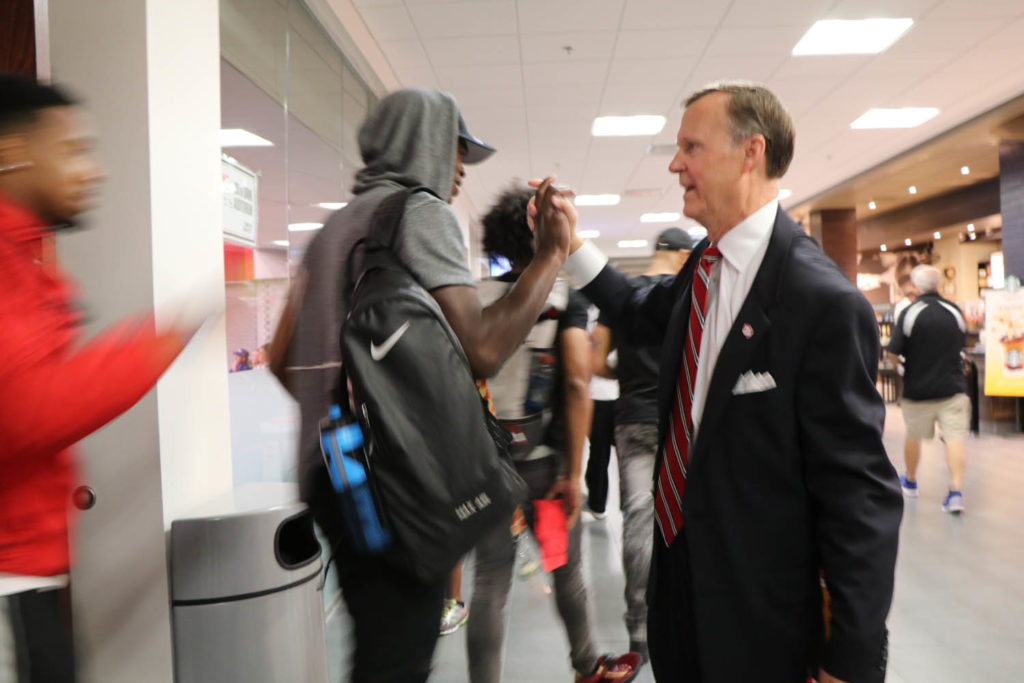By Veronica Clephas, Fern Creek High School
On June 30, WKU President Gary Ransdell will say goodbye to a campus he transformed and a university he redefined. • Ransdell, whose 20-year tenure as president is surpassed only by that of WKU founder Henry Hardin Cherry, said in an interview that he leaves the office proud of where the university stands today compared to when he took office in 1997.
“I didn’t want us to do anything that wasn’t at the highest level in American higher education,” said Ransdell, 65, who served as WKU’s ninth president.
Once he turns over the university to Timothy Caboni, who becomes WKU’s 10th president July 1, Ransdell will take a six-month sabbatical, and then will become CEO of the Semester at Sea program in January.
With transformation as the hallmark of his presidency, Ransdell cited four areas where he is particularly proud – renewal of campus through construction and renovation, strategic sets of capital campaigns, the elevation of academic programs in success and stature, and WKU’s efforts to extend its reach internationally.
CAMPUS RENEWAL
When Ransdell arrived at WKU, there was much work to be done on the physical campus. Maintenance items had been deferred to save money. Parking lots filled the interior of campus. The newest major academic building had opened in the 1970s.
The place was tired. The challenge inspired the new president, who had earned his undergraduate degree on the Hill.
“You have to be inspired where you are,” Ransdell said. “If they learn to take pride in this place and take care of this place, those thoughts will prevail wherever they live for the rest of their life.”
During his two decades, the main campus has seen dramatic changes and multiple new buildings. Major academic buildings include the Engineering and Biological Sciences Building, Jody Richards Hall (originally Mass Media and Technology Hall), Snell Hall, Gary Ransdell Hall, Mahurin Honors College and Ogden College Hall, which will open in January 2018. Other major new buildings include the Augenstein Alumni Center and three new parking garages.
Existing buildings throughout campus received renovations from minor to major. The largest included Downing Student Union, Preston Center, Smith Stadium and Diddle Arena.
A Student Life Foundation was created to renovate and build dormitories. Each residence hall was renovated, apartments were added, and the foundation recently launched a multi-year program to build new halls and renew or replace old halls.
To the president, the campus is a major part of the college experience.
“The physical place is as much about the technology, and what’s in and under the ground as is it is the building themselves,” Ransdell said. WKU has spent millions upgrading electrical systems and technology.
Enrollment growth fueled some of the nearly $1 billion in construction projects. In 1997, WKU had 14,500 students; today that number sits at about 20,000.
FINANCIALSTRENGTH
Both financial strength and pressure marked Ransdell’s tenure as president.
As president, he led two successful fundraising campaigns that helped raise close to $500 million in private donations over the past 20 years.
The university’s annual budget has grown from about $130 million to more than $400 million today.
But the period also has seen state support for WKU plunge from about 51 percent of the budget to about 18.5 percent today.
Much of WKU’s financial stability depends on the money it raises from tuition. Tuition and fees for one semester have climbed to just under $5,000 in Spring 2017.
In 1997, tuition generated about $50 million toward the budget. As of 2017, tuition generated $200 million. While the number of students paying tuition grew significantly during the 20 years, the individual’s cost grew as well.
Those factors have made raising money in the private sector crucial, Ransdell said.
“It takes work and confidence, but it’s a huge game-changer for us,” Ransdell said about private donors. He would seek those with the capacity and raise their inclination, or willingness, to contribute to the university. This approach has increased the amount of money the university gets from private donors, he said.
Much of that money goes into endowments – money donated for a specific cause in which the donation is protected and invested, and its earnings benefit the targeted program or mission.
“Endowments make universities permanent,” Ransdell said.
ACADEMIC IMPROVEMENTS
While much attention has been focused on campus construction and fundraising, Ransdell said the heart of any university are its academic programs.
In Ransdell’s time at WKU, there have been major changes.
One that has attracted a lot of attention is the Mahurin Honors College, which has about 1,300 students and enrolls approximately 350 new students each year. When Ransdell first became president, the Honors College was only a program.
“The Honors College has changed the intellectual energy of the campus,” Ransdell said.
He said that the Honors College challenges students even if they’re not in the program because the students are challenged in classes where both honors students and regular students are in the same class.
The Carol Martin Gatton Academy for Mathematics and Science also opened and celebrates its 10th anniversary this summer. The high school for gifted juniors and seniors from throughout Kentucky has been named the nation’s top public high school three times.
Together, Ransdell said, the Honors College and Gatton formed a new “intellectual heartbeat for Kentucky.”
However, improving academics hasn’t always been easy. When WKU got its first doctoral degree in the 2008-2009 academic year, it had to fight a system that limited doctoral classes to the University of Kentucky and the University of Louisville.
Ransdell has also valued partnerships. The recent partnership with the University of Kentucky to bring a medical school to Bowling Green is a prime example.
“The partnership is cool,” Ransdell said.
He said he could have fought to have a medical school, but decided to partner with UK: “It’s not worth the fight when we can achieve the same ends by holding hands.”
Additionally, Ransdell said wanted to avoid a political conflict during his last two years at WKU.
“I’m not sure I could’ve won that fight,” he said.
Ransdell also emphasizes the importance of private partnerships, calling them critical and saying that without those partnerships, the university would not have made as much progress.
Among those partnerships are the $14 million Bill Gatton donated for Gatton Academy and the collaboration between WKU and Alltech that brought the nation’s largest commercial brewery on a college campus and created a brewing sciences program.
INTERNATIONALIZATION
One of the biggest events of the past century — the terrorist attacks of Sept. 11, 2001 — galvanized the importance of widening WKU’s horizons, Ransdell said.
“It became clear that there were problems around the globe and I was determined that we would never graduate another student that didn’t have some understanding of the complexity of the globe,” Ransdell said. “We are no longer isolated on the globe.
“The globe has become a very small place, and I want our students to be comfortable and confident in a global context.”
One of the programs which helped internationalize the campus is the Chinese Flagship program. The program is meant to take someone with no prior knowledge of the Chinese language and get them to a proficient level. The program has about 75 students, all of whom will work in China for a semester as part of the program.
The Chinese Flagship is funded by the U.S. Department of Defense as part of the Critical Languages program. The program is meant to bridge gaps between the US and other countries such as China.
“The more you know, the better you embrace, the better you embrace, the better you trade,” Ransdell said. He said he wanted students to be capable of acting in the economy in a global environment.
Ransdell also struck agreements with Hanban, the Chinese education authority, to open WKU’s Confucius Institute, which moved into its building this year.
Also during Ransdell’s tenure, WKU entered into an agreement with the University of Evansville to send students each semester to live and learn at UE’s Harlaxton College in Grantham, England, where students take classes and stay in a stately manor house.
Hundreds of WKU students each year now study across the globe, a dramatic increase from the handful that did so in the 1990s.
As WKU students are studying abroad, the number of international students studying at WKU also has increased significantly. According to the College Heights Herald, 1,446 international students studied at WKU in 2016-17, nearly 14 times the amount when Ransdell started in 1997.
***
So what would Ransdell do differently in his 20 years?
“I just don’t know what I would’ve or could’ve done differently,” the president said. “I think I was aggressive and pursued things to the best of my abilities.”
During Ransdell’s 20 years as president, more than 66,000 students have graduated – or about 62 percent of the university’s 107,000 living alumni. Each has had the opportunity to shake his hand as they were honored at commencement ceremonies.
The last of those students to walk across the floor of Diddle Arena and shake Ransdell’s hand was Georgia Childers, graduating from the exceptional education program in the last ceremony of Spring 2017, on May 13.
Instead of taking Ransdell’s traditional handshake, she asked him to dance.
“So we slow danced for 30 or 40 seconds, and on the back of her cap was ‘Oh the places you will go,’” Ransdell said. “… That was a cool moment.”

